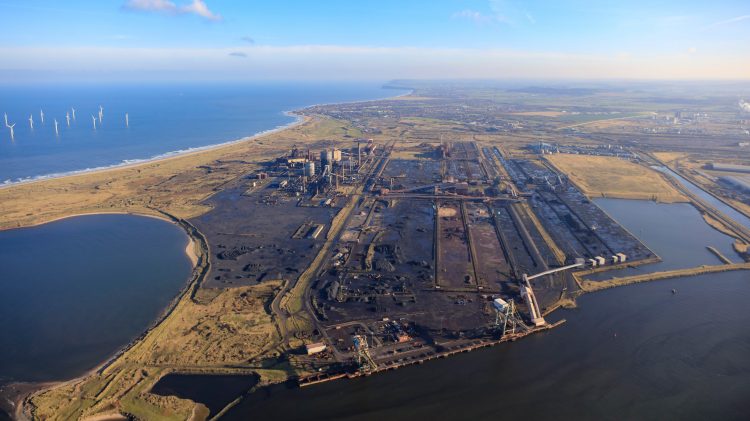
Blue hydrogen involves breaking down methane (CH4) into its constituent components, harvesting the hydrogen for energy use and capturing and storing the carbon dioxide that results from the process.
According to BP, the proposed H2Teesside facility will tap into existing North Sea gas infrastructure to produce around 1GW of blue hydrogen by 2030, capturing and storing up to two million tonnes of CO2 per year. The UK government has set an overall target of 5GW of hydrogen production by the end of the decade.
Hydrogen-based steel making heading to France
C2I 2020 Energy & Environment winner: Hydrogen hopes
“Clean hydrogen is an essential complement to electrification on the path to net zero,” said Dev Sanyal, BP’s executive vice president of gas and low carbon energy. “Blue hydrogen, integrated with carbon capture and storage, can provide the scale and reliability needed by industrial processes. It can also play an essential role in decarbonising hard-to-electrify industries and driving down the cost of the energy transition.”
BP claims that the project could help decarbonise industrial activity in the region, which is one of the heaviest polluters in the UK. Industries in Teesside account for over five per cent of the UK’s industrial emissions and the region is home to five of the country’s top 25 emitters.
“H2Teesside, together with NZT (Net Zero Teesside) and NEP (Northern Endurance Partnership), has the potential to transform the area into one of the first carbon neutral clusters in the UK, supporting thousands of jobs and enabling the UK’s Ten Point Plan,” said Sanyal.
According to BP, H2Teesside would be developed in phases, with an initial 500MW of blue hydrogen production brought online by 2027 and the remaining capacity installed by 2030. The energy giant has begun a feasibility study into technologies that could capture up to 98 per cent of the carbon emissions from the process and expects to make a final investment decision (FID) on the project in early 2024. BP has also signed MOUs with Teesside chemicals manufacturer Venator, Northern Gas Networks and Tees Valley Combined Authority to further explore the integration of clean hydrogen into both industrial and domestic settings.
“With our expertise in chemicals and processing, Teesside has developed an enviable reputation around the globe as the go-to place to develop hydrogen as a fuel source. The announcement by BP underlines this position,” said Tees Valley Mayor, Ben Houchen.
“This is a huge vote of confidence in our region and puts Teesside at the forefront of efforts to achieve the government’s ambitious target for the UK to be the world’s first major economy to be net zero, by 2050.”




Glasgow trial explores AR cues for autonomous road safety
They've ploughed into a few vulnerable road users in the past. Making that less likely will make it spectacularly easy to stop the traffic for...